Contact Us
Translations provided by native professional translators & proofreaders
Blog
template_view_blogs.php
Summary:When dealing with legal documents for international use, understanding the difference between a birth certificate apostille and embassy attestation is crucial. Both processes validate the authenticity of documents, but they serve different purposes. In this article, we break down what each process involves, when you need them, and which one is right for your situation.… Continue reading Birth Certificate Apostille vs. Embassy Attestation: What’s the Difference? 1. What is a Divorce Decree and Why is it Important for Immigration? A divorce decree is a formal legal document issued by a court that finalizes the dissolution of a marriage. It includes essential details about the divorce, such as the date it was granted, the names of the parties involved, and any agreements… Continue reading Divorce Decree Translations: What Immigration Officers Look For Summary:When applying for a visa, one of the most important documents you may need to submit is your marriage certificate. For international use, a marriage certificate translation is often required. This article will guide you through the specific requirements for translating your marriage certificate for visa applications, including why certified translations are necessary, what details… Continue reading Marriage Certificate Translation Requirements for Visa Applications Summary:When translating a death certificate, accuracy is essential. Any errors can result in delays or rejections of important documents, especially for legal, immigration, or inheritance purposes. In this article, we’ll discuss the most common mistakes in death certificate translation and offer tips on how to avoid them. Whether you’re handling a translation for personal or… Continue reading Common Mistakes in Death Certificate Translation and How to Avoid Them Summary:If you’re planning to use your marriage certificate internationally—whether for immigration, legal matters, or overseas business—an apostille might be required. But what exactly is a marriage certificate apostille, and why is it so important? In this guide, we break down what an apostille is, why it matters for international use, and how to get one… Continue reading What Is a Marriage Certificate Apostille and Why It Matters for International Use SummaryDo you need an apostille for your birth certificate? Or a certified translation? These are two processes that are often confused but are essential for legal and international uses. In this post, we’ll walk you through the difference between an apostille birth certificate and a certified translation. Whether you’re applying for a visa, adopting a… Continue reading Birth Certificate Apostille vs Certified Translation: Key Differences

Birth Certificate Apostille vs. Embassy Attestation: What’s the Difference?

Divorce Decree Translations: What Immigration Officers Look For

Marriage Certificate Translation Requirements for Visa Applications

Common Mistakes in Death Certificate Translation and How to Avoid Them

What Is a Marriage Certificate Apostille and Why It Matters for International Use

Birth Certificate Apostille vs Certified Translation: Key Differences


